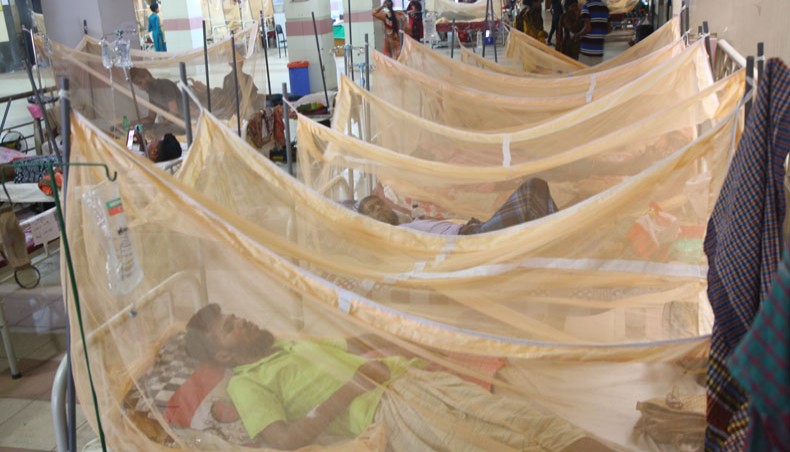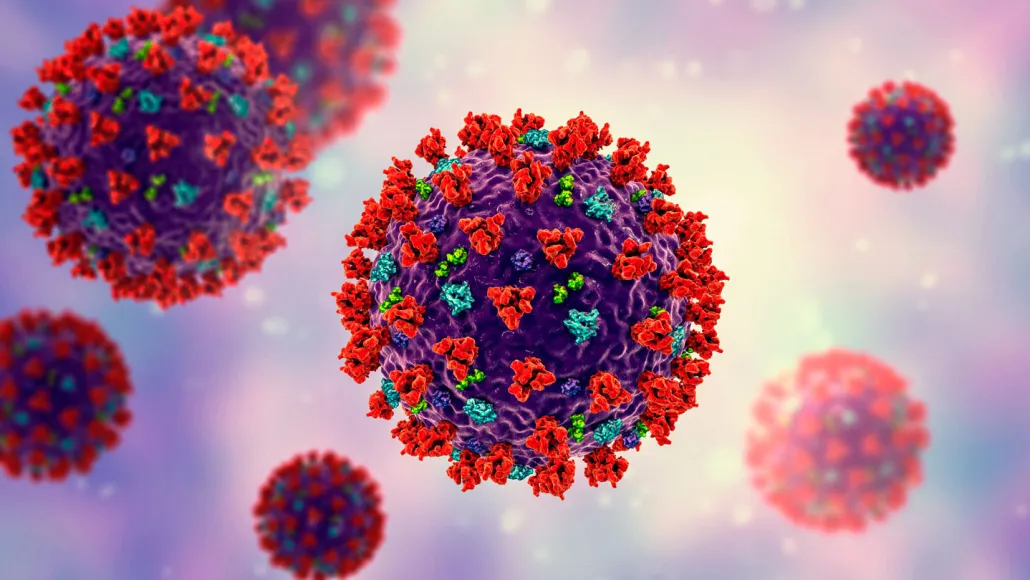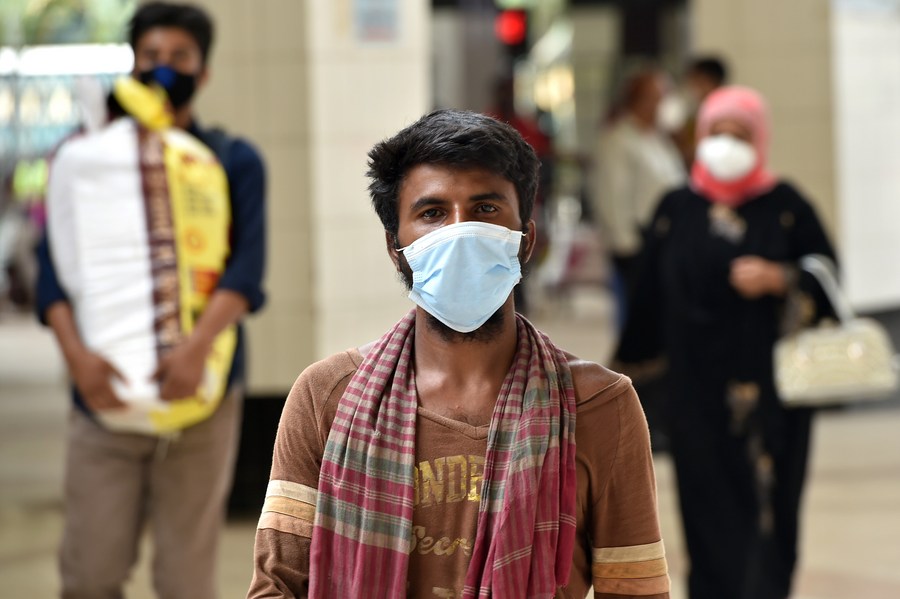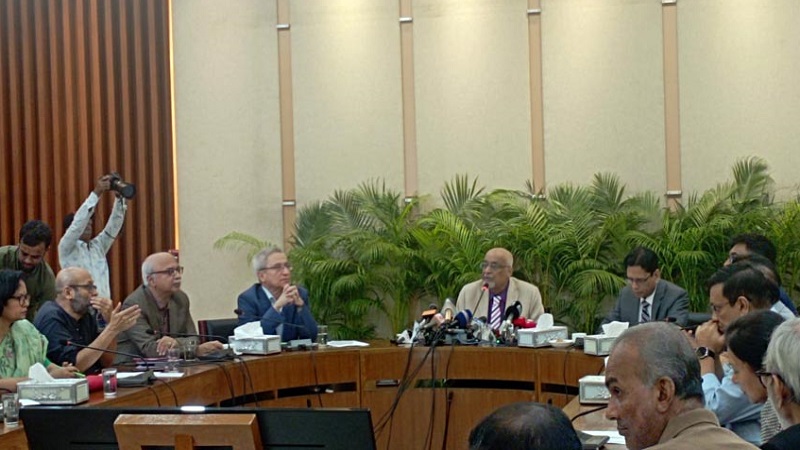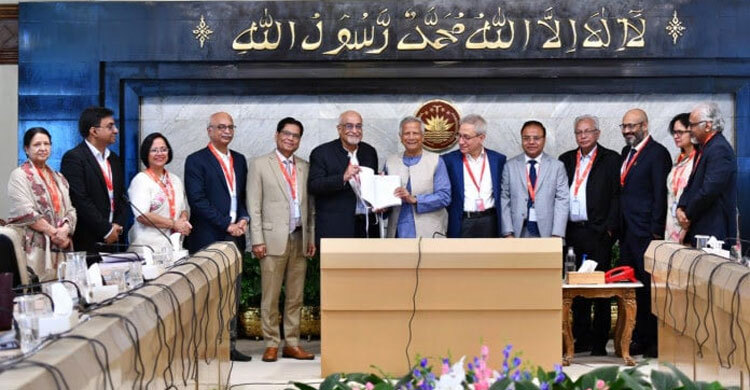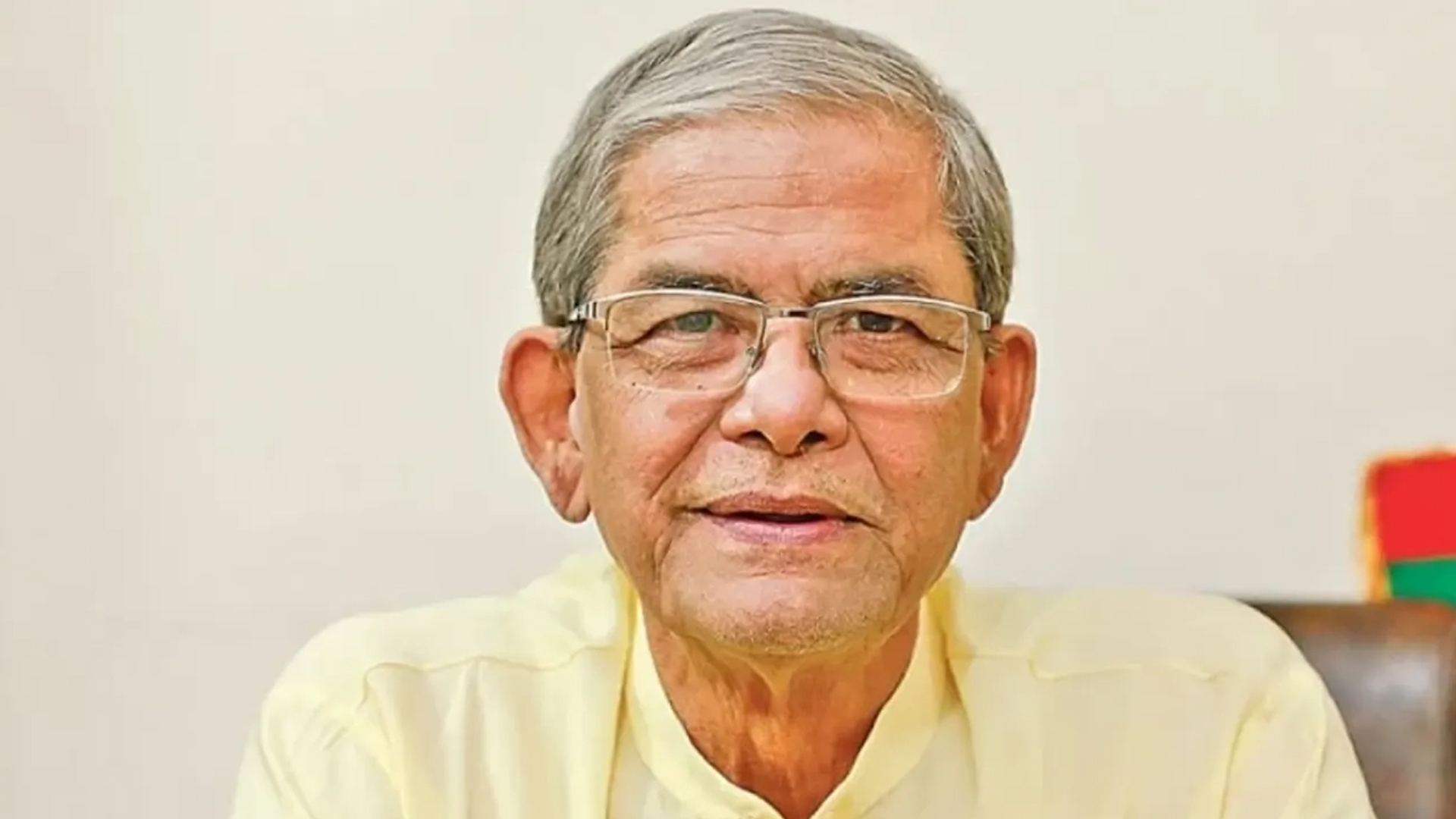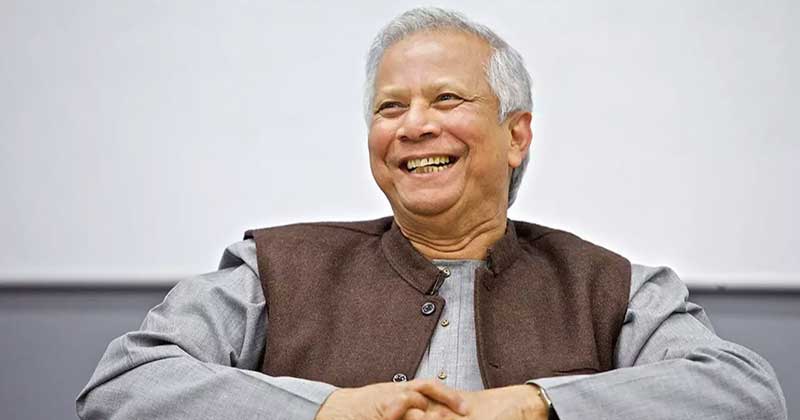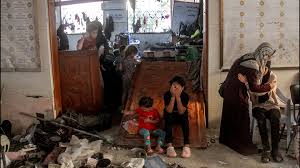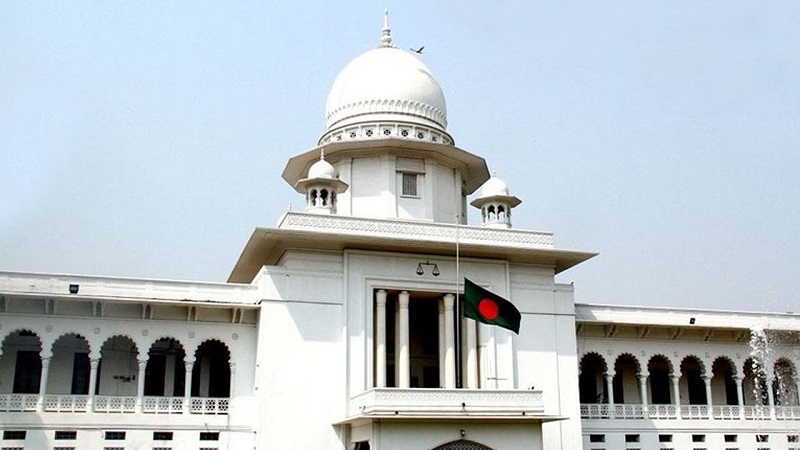The number of dengue hospitalisation saw a sudden rise in June with the advent of monsoon with experts warning about a multiplying number of hospitalised cases in the coming months.
At least 175 dengue patients were hospitalised in the first 10 days of June while the number of monthly hospitalisation was 163 in May, Directorate General of Health Services data showed.
Analysing the previous year’s data, experts feared that this year the country might witness a bigger dengue outbreak.
Jahangirnagar University zoology professor and vector management expert Kabirul Bashar said that the dengue outbreak might be bigger than in 2021 and the number of hospitalisation might touch or surpass 2019 figures.
In 2019, at least 101,354 dengue patients were hospitalised and 179 died of the mosquito-borne viral disease, the highest yearly dengue hospitalisation and dengue deaths since 2000 when Bangladesh started keeping records.
In 2021, at least 28,429 dengue patients and 105 deaths were recorded officially.
Bashar predicted a bigger outbreak based on his new prediction model that used several parameters, including temperature, rainfall, Aedes mosquito density, number of previous cases and global trend.
‘We have already seen a higher number of dengue patients until June,’ he said, refereeing to 100 dengue hospitalisation between January and May in 2021 against 352 in 2022 during the same period.
‘The number will start to multiply in July, August and September,’ he said, adding that the situation will not come under control unless city authorities work to destroy the breeding ground of Aedes mosquitoes and increase the people’s engagement.
Entomologist Manjur Ahmed Chowdhury blamed the negligence of two city corporations in Dhaka for a higher number of dengue patients this year.
‘The number of dengue patients will be higher this year if we see the trend. In 2021, until June 7 the number of dengue patients was 120 whereas it was 463 during the same period this year,’ he said.
‘The two city corporations could not reduce sources and use effective larvicides and adulticides,’ Manjur said, also blaming intermittent rain for the bigger outbreak.
Entomologist Saifur Rahman, however, said that a three-fold increase in dengue cases in June from May was normal.
‘The city authorities should identify the area from where most patients are coming and take special control measures there,’ he said, adding that they should also hold programmes to build awareness.
He also urged the authorities concerned to take additional steps in bus stands, railway stations and airports as the vector moves from one place to another place through transportation.
The DGHS in a pre-monsoon survey in April found a higher density of Aedes mosquitoes in Dhaka compared to the mosquito density in 2021 and predicted a worsening dengue situation unless quick steps were taken.
In 24 hours ending 8:00am on Friday, at least 17 dengue patients were hospitalised across the country, taking the total number of officially hospitalised patients to 527 since January 1.
No dengue patient was hospitalised outside Dhaka city during this reporting period, said a DGHS press release.
A total of 76 dengue patients were undergoing treatment at different health facilities in the capital and five patients were undergoing treatment outside the capital city, said the release.
The DGHS data also showed that 23 were hospitalised in April, 20 in February and March each and 126 in January.
A total of 427 or over 81 per cent of dengue patients were hospitalised in Dhaka city.
City residents said that they were irritated due to the rise of mosquitoes as the city authorities hardly sprayed insecticides in most of the areas.
‘We cannot sit comfortably due to the excessive rise of mosquitoes in the recent days when we want to spend time in places near our house,’ said Masud Rana, a resident of Manda area under Dhaka South City Corporation, adding the attack mosquitoes go up to the sixth floor.
Mohammad Sadman, a resident of Mirpur under the Dhaka North City Corporation, echoed the same, adding that city authorities were not spraying insectaries regularly.
DNCC chief executive officer Selim Reza told New Age that they had taken mosquito control as their top priority.
‘We have no lack of sincerity in containing mosquitoes. We have already increased the manpower to destroy the breeding grounds. They are spraying larvicide and adulticide regularly,’ he said.
He said that they were trying heart and soul to increase the community engagement and added that they released guppy fishes in drains, canals and water bodies to contain mosquitoes.
DSCC chief health officer Fazle Shamsul Kabir predicted that no dengue outbreak would take place this year as they had started taking measures in March.
‘We are doing our activities regularly. The city authorities alone can’t check dengue outbreak,’ he added.


